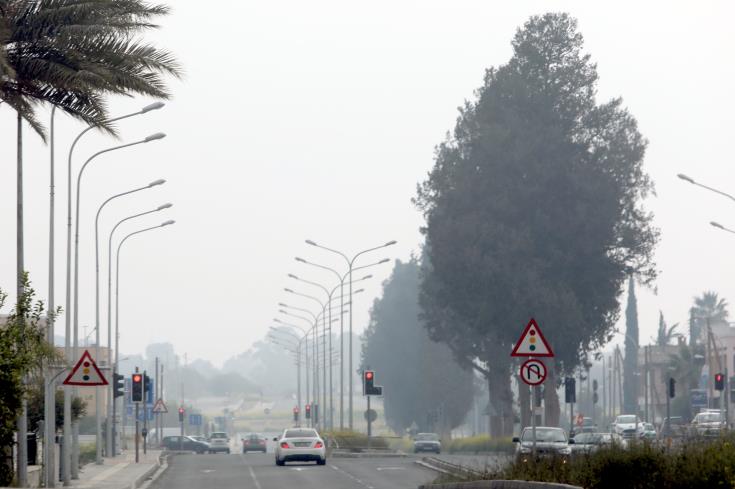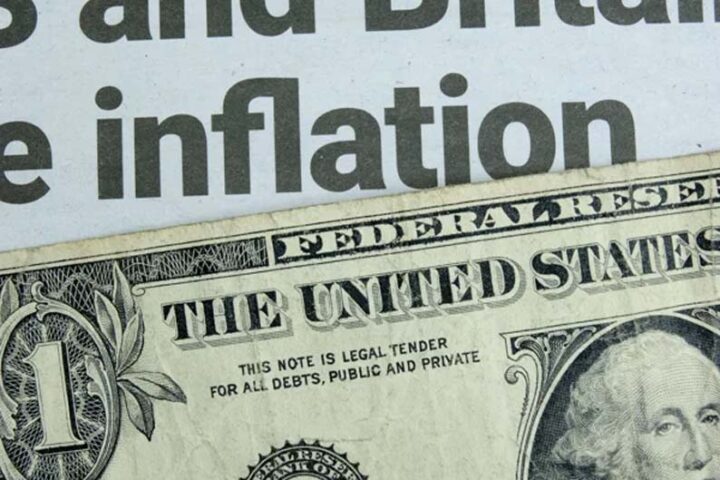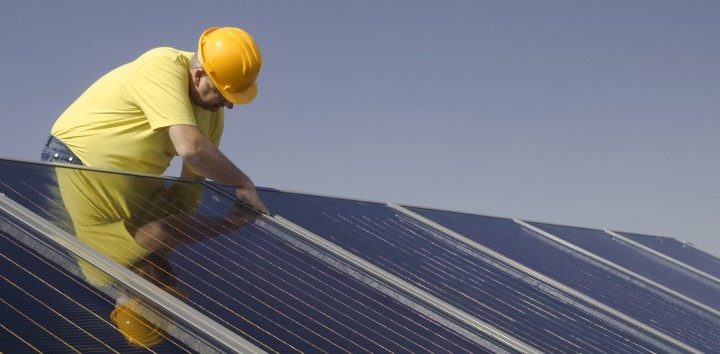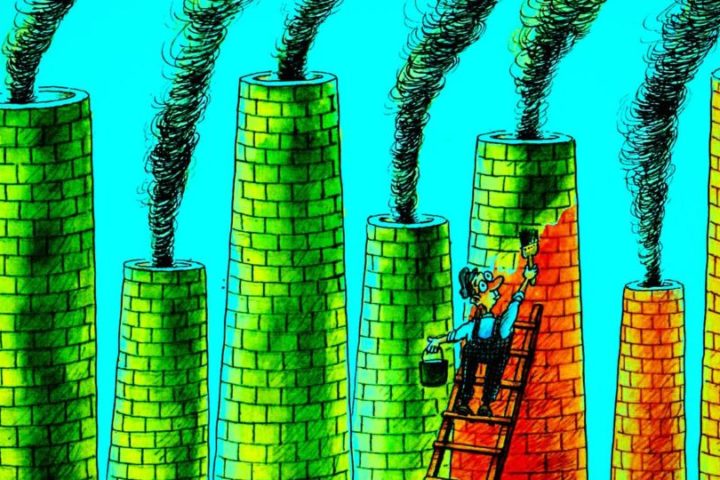Donald Trump’s tariff blitz has sparked turmoil for the green energy sector. Duties pose a one-two punch for an industry already reeling from a renewed embrace of fossil fuels. The new tariffs are set to pummel the renewable energy industry, threatening to push up prices.
Ironically, Chinese clean tech stocks have risen since the US president’s latest announcement on levies.
The International Energy Agency (IEA) said that electricity demand from data centres will drive a surge in power demand worldwide during the next decade. It is projected to more than double by 2030 to 945 TWh.
The explosive growth in artificial intelligence (AI) is straining the US power grid. Data centres could soon consume more electricity than entire nations. Utilities are scrambling, and investors are eyeing the next energy boom.
Global energy demand rose faster than usual last year, by 2.2% compared to an average of 1.3% during the previous decade, as record temperatures across the world meant more power was used for cooling and due to AI needs.
There is a view that the world has passed the 1.5°C climate threshold and must now explore extreme options. We do not have the luxury of rejecting solutions before we have thoroughly investigated their risks, trade-offs and feasibility.
“Climate realism” stresses security, mitigation and resilience. Policymakers should brace for warming of at least 3°C this century and prepare for the migration, security and resilience ramifications.
Commercial fusion is on the horizon, with many experts arguing that fusion power plants could put electrons on the grid by the end of this decade.
Global coal power capacity increased again in 2024, driven by China.
At 2,143 GW, global coal generation capacity is now 13% higher than it was when the Paris climate agreement was signed nearly a decade ago.
Battery costs are falling, now down to $115/kWh, and battery storage capacity is skyrocketing, at 69 GW in 2024.
Climate goals will fail
Morgan Stanley, JPMorgan Chase and the US Institute of International Finance predict climate goals will fail.
The US finance sector “considers the Paris climate agreement limiting global temperatures… is effectively dead and investors should plan accordingly”.
They say “progress on climate change is likely to fall short of net-zero targets” and that “we now expect a 3oC world.”
This comes just months after they first weakened their decarbonisation targets and then quit the ‘Net Zero Banking Alliance’.
The EU is also reconsidering its green energy policies in its drive to improve competitiveness.
In effect the EU is aiming its ‘simplification’ sledgehammer at green energy laws. This has come as a result of growing criticism of the European Commission’s “Green Deal”, which aims to make the EU climate-neutral by 2050, but it is now considered to be too burdensome and to have impacted Europe’s competitiveness.
Energy transition is faltering. What we are into is energy addition, in which all forms of energy are still needed.
The UN has passed a landmark $100 carbon levy on ships, defying US threats. The IMO plans to punish ships that miss decarbonisation targets, despite the US retaliation warning.
Under the radar, the US warned that it will retaliate against international carbon levies on ships. The Trump administration warned other members of the UN’s maritime body against measures being negotiated by IMO, saying that it will consider reciprocal measures so as to offset any fees charged to US ships.
The tariff developments took attention from the fact that Trump’s energy policy totally disregards climate change, “imposing short-sighted, irrational and profoundly destabilising energy policies”.
Dr Charles Ellinas, Councilor, Atlantic Council
X: @CharlesEllinas










